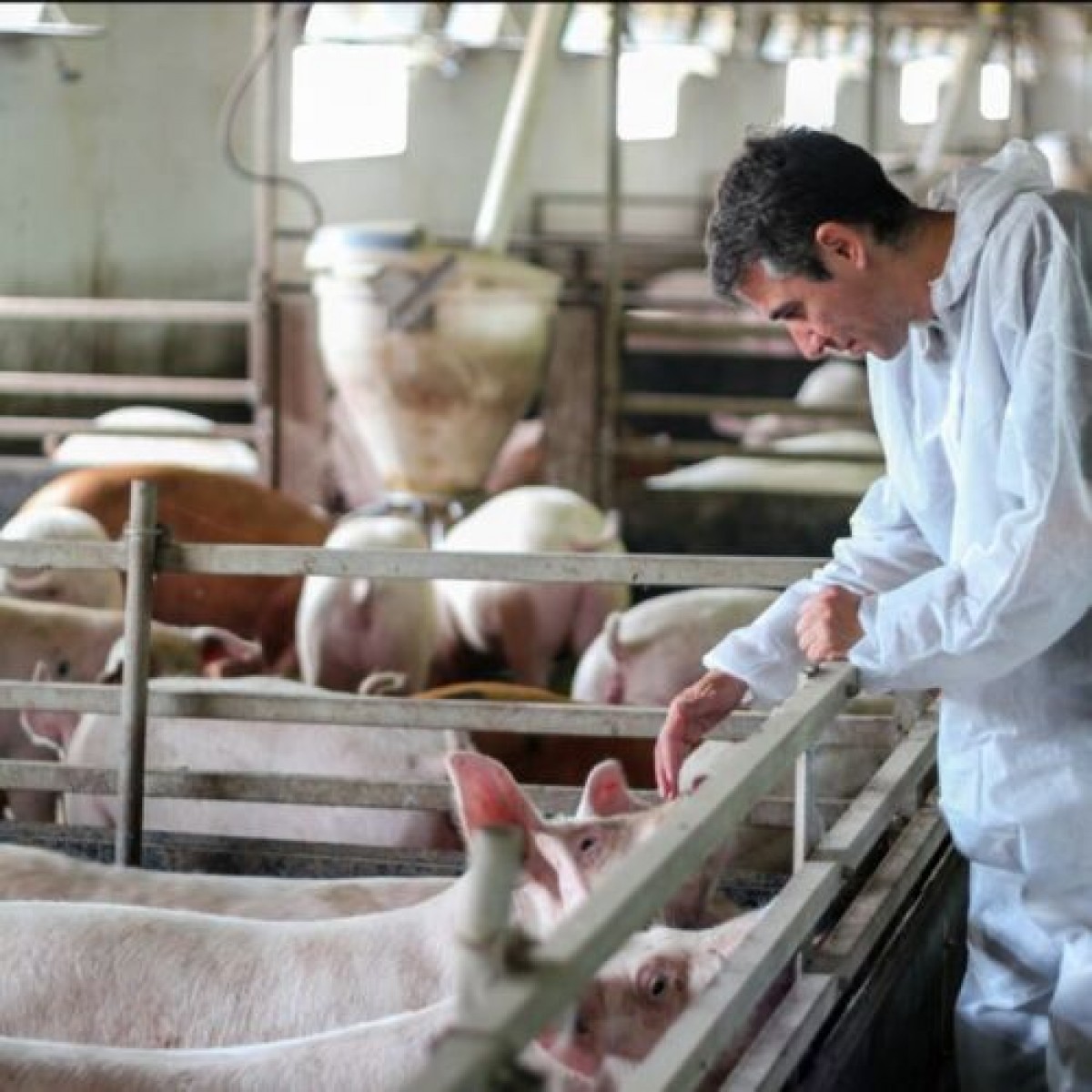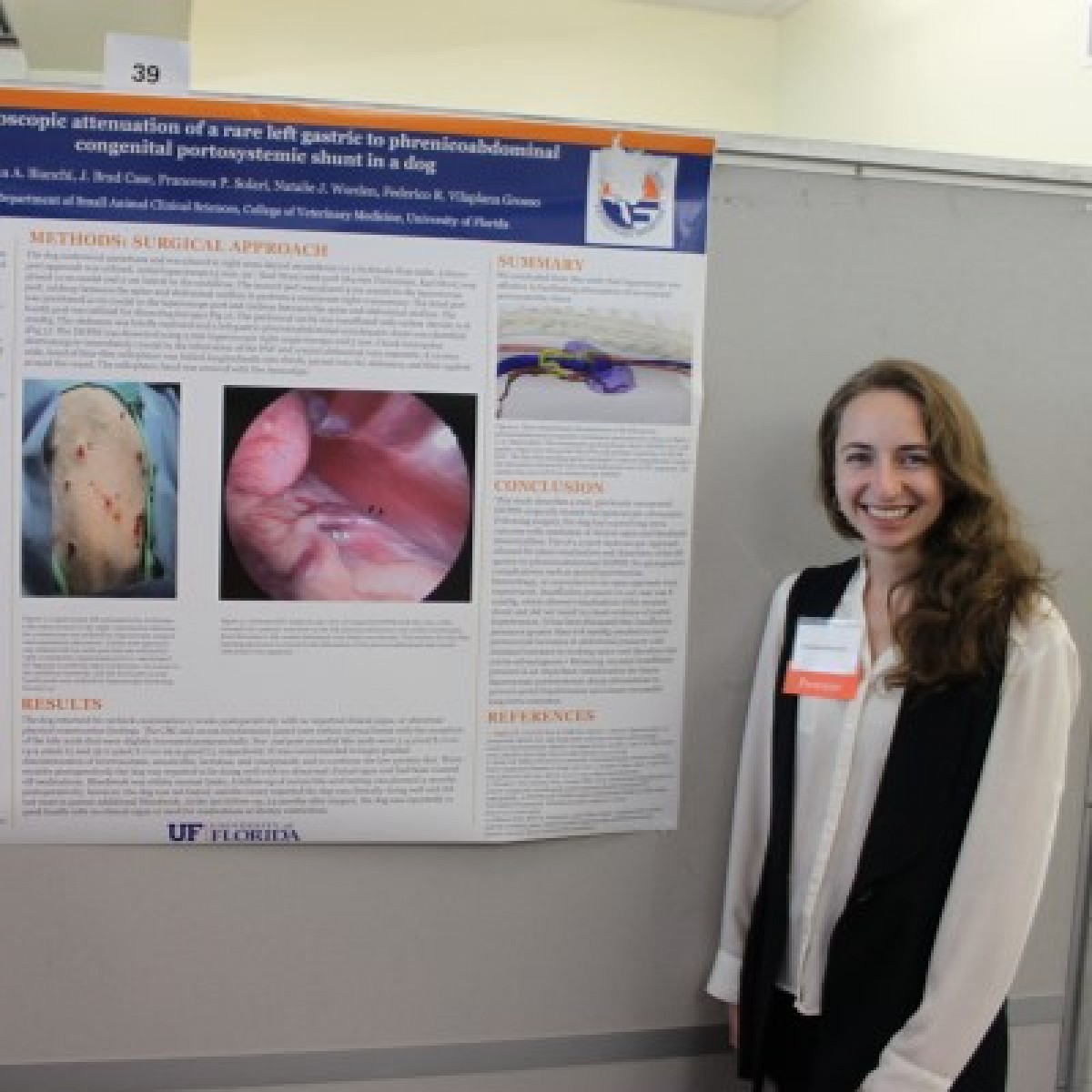The Importance of Mentors in Veterinary Medicine
by Jenny Alonge
A good mentor is essential not only for new veterinary graduates entering practice to help them address clinical and non-clinical issues, but also to help veterinarians going through major job or life transitions. The relationship can also benefit the mentor. The following article addresses mentorship advantages for the parties involved, explains what makes a good mentor, and provides resources for finding mentorship.
Mentorship benefits for the mentee
Veterinary school provides a lot of helpful information, but those grueling years don’t necessarily prepare you for the reality of practice. A mentor can empower a newly minted veterinarian to improve their skills and navigate their new career. Mentorship benefits for the mentee include:
- Increased confidence — Starting practice can be intimidating, and many new graduates don’t have a lot of confidence in their medical skills or knowledge. A mentor who offers support, encourages the new veterinarian to apply their skills and knowledge, and teaches them new surgical or medical procedures will help them gain experience and build their confidence.
- Combats imposter syndrome — Many veterinarians, especially new graduates, experience imposter syndrome (i.e., feeling they do not belong) at some point in their career, which can inhibit their ability to succeed. These feelings can be especially strong when a case doesn’t go as planned or mistakes are made. A good mentor can convince their mentee that they do belong in the profession and remind them that everyone, including the best veterinarians, makes mistakes.
- Improved client communication — As a new veterinarian, communicating with clients, especially in difficult situations, can be challenging. A mentor can offer guidance about addressing clients in certain situations and help improve communication skills.
- Promotes wellbeing — Stress and burnout are common in the veterinary field, and a mentor can encourage their mentee to be proactive about their mental health and to seek professional help when necessary.
- Improved conflict management — Veterinary medicine is stressful, and tensions often escalate and create conflict. A good veterinary mentor can help a new graduate learn how to navigate conflict and avoid a hostile situation.
- Advice for certain situations — When a mentee is experiencing major job or life transitions, the mentor can provide valuable advice on navigating these situations for the best possible outcome.
Mentorship benefits for the mentor
Busy, experienced veterinarians likely feel they don’t have time to be a mentor, but the relationship also offers the mentor advantages, including:
- Renewed enthusiasm — Mentoring a new veterinarian can help the mentor remember what beginning practice was like and renew their enthusiasm for their chosen profession.
- Exposure to new information — Learning between a mentor and mentee goes both ways. Recent graduates may have new information or know an innovative technique they can pass on to the mentor.
- Gain a new perspective — Mentoring someone from a different culture or background can help the mentor expand their mind and see the world through a different perspective.
- Improved mental health — According to a study published in the Journal of Vocational Behavior, mentoring can reduce anxiety and improve the mentor’s mental health.
- Improved leadership skills — A mentor must use their leadership skills to support their mentee, and they may find new career opportunities as they hone these talents.
- Build the resume — Many companies appreciate someone who can effectively mentor. Volunteering as a mentor also demonstrates a veterinarian’s altruism and dedication to the profession.
- Networking — Building relationships in the veterinary community is always a good way to network, and mentorship can lead to valuable connections.
Good mentor characteristics
While mentoring has many benefits, not everyone is suitable or ready for the responsibility. Characteristics necessary for a good mentor include:
- Having the time, motivation, and enthusiasm to be a mentor
- Being willing to be available to the mentee when needed
- Knowing how and when to ask open-ended questions
- Being willing and able to really listen to the mentee
- Practicing effective work boundaries and good self-care practices
- Being willing and able to talk about failures and explain what was learned
- Trusting the mentee’s decisions and supporting them to build their confidence
- Empathizing with the mentee’s mistakes and helping them work through the problem
- Caring about the mentee’s success
Finding a good mentor
Finding a good mentor can be difficult. Veterinarians can get busy and not follow through with the support they promised, or they may not have received support as a new graduate, and feel the mentee should figure it out themselves. Tips for finding a good, effective mentor include:
- Ask for a working interview — Don’t accept a position at a practice before spending a day with the team. Is the atmosphere professional? Do the veterinarians discuss cases with each other? Are team members hostile toward each other or gossip behind their backs? This experience can help you determine the practice’s work culture.
- Speak with other veterinarians — Speak with other veterinarians who were mentored by the person you are considering as a mentor. They should give you insight into what to expect from the relationship.
- Ask questions — Don’t be afraid to ask questions to ensure your needs are met. Questions to consider include:
- Does the practice have a formal or informal mentorship program?
- How are new veterinary graduates supported and mentored?
- Will I always have access to someone willing to answer questions?
- How long do veterinarians typically work here before they are left alone in the practice?
- What resources and training are available for veterinarians?
- Will I be able to observe and assist in challenging cases?
- Will I have the autonomy to make medical decisions?
- Find a veterinary mentorship program — If your practice doesn’t provide mentorship, programs such as MentorVet or Chirp offer structured veterinary mentorship support.
Mentorship is a valuable resource that supports new veterinarians and those experiencing major life changes. If you are an experienced veterinary professional and you have the right characteristics, consider becoming a mentor. You will be supporting your mentee, giving back to the profession, and enjoying the advantages of mentorship.














List
Add
Please enter a comment